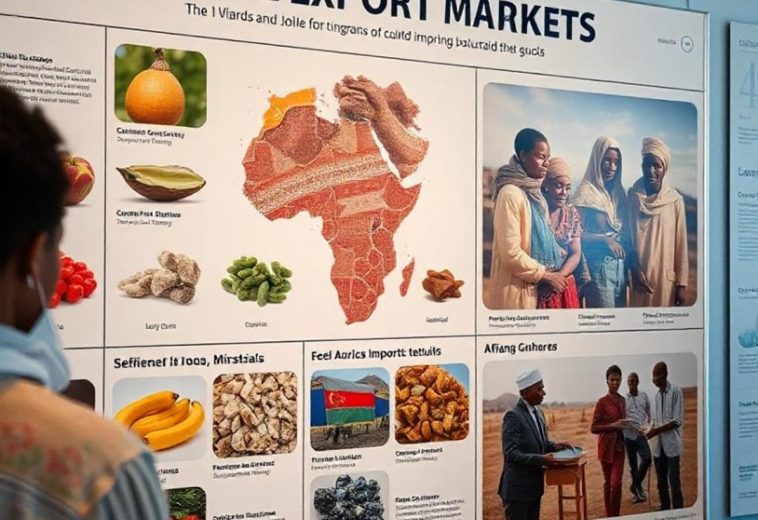In the complex landscape of international relations, the role of Regional Economic Communities (RECs) has grown significantly in shaping political alliances and addressing conflicts. Initially formed to enhance economic cooperation, these communities have evolved into influential platforms for political unity, diplomatic relations, and conflict resolution.
Regional Economic Communities are built on principles of shared economic interests, such as free trade, infrastructure development, and the free movement of people and capital. However, in recent decades, their scope has expanded far beyond economic objectives. They now serve as essential diplomatic tools for fostering regional peace, security, and political cooperation, showing how economic development is closely tied to political stability.
READ ALSO: Economic Reforms in Africa: Navigating Opportunities and Challenges for Growth
Popular Regional Economic Communities
There are several significant RECs globally, including the African Union (AU), the East African Community (EAC), and the Southern African Development Community (SADC). Each of these bodies has its own structure and mandate but shares the overarching goal of promoting regional integration and peace.
• The African Union (AU) is a leading example of political unity in Africa.
• The East African Community (EAC) aims to foster economic growth and political cooperation in East Africa.
• The Southern African Development Community (SADC) is focused on regional development and cooperation in Southern Africa.
How RECs Shape Political Alliances and Promote Regional Integration
In many regions, RECs have played a key role in shaping political alliances, providing a platform for nations to negotiate agreements and engage in dialogue. For example, the African Union (AU) and ECOWAS have played a critical role in strengthening political cooperation across their respective regions.
The AU has advocated for the principle of “African solutions to African problems”, where collective diplomatic responses address crises in Sudan, South Sudan, and the Central African Republic. Similarly, ECOWAS has been instrumental in promoting political stability and democratic transitions across West Africa.
Conflict Resolution: The Role of RECs as Mediators
One of the most prominent aspects of RECs’ work is their role in conflict resolution. In regions plagued by civil wars, political instability, or inter-state disputes, RECs often step in as mediators, negotiators, and peacebuilders. A notable example is ECOWAS’s involvement in West Africa. ECOWAS has helped resolve conflicts in Liberia, Sierra Leone, Guinea-Bissau, and Côte d’Ivoire.
• ECOMOG, the ECOWAS Monitoring Group, was pivotal in stabilising Liberia during its civil war in the 1990s.
• ECOWAS-mediated peace agreements helped bring an end to the civil war in Sierra Leone, restoring stability to the region.
These efforts demonstrate how RECs, with both diplomatic and military resources, address political instability and help create long-term peace.
The Role of IGAD in East Africa
In East Africa, the Intergovernmental Authority on Development (IGAD) has emerged as a critical player in resolving conflicts, particularly in Sudan and South Sudan. IGAD brokered the 2005 Comprehensive Peace Agreement (CPA), which ended years of conflict between Sudan’s North and South. However, ongoing challenges in South Sudan highlight the limitations of RECs, stressing the need for sustained international support.
Sovereignty Challenges for RECs
A key challenge faced by RECs is the issue of sovereignty. Member states are often reluctant to surrender authority to a supranational body, especially regarding security and military intervention. The lack of consensus among member states can hinder decision-making on critical issues, as was seen during the 2017 crisis in The Gambia, when some members supported intervention, while others advocated for diplomatic solutions.
The Future of Regional Economic Communities
Regional Economic Communities are increasingly central to shaping political alliances and resolving conflicts worldwide. While they initially focused on economic cooperation, their expanded roles in diplomacy, peacebuilding, and political integration have made them indispensable for maintaining regional stability. However, to strengthen their effectiveness, continued support, reform, and greater unity among member states are crucial.




